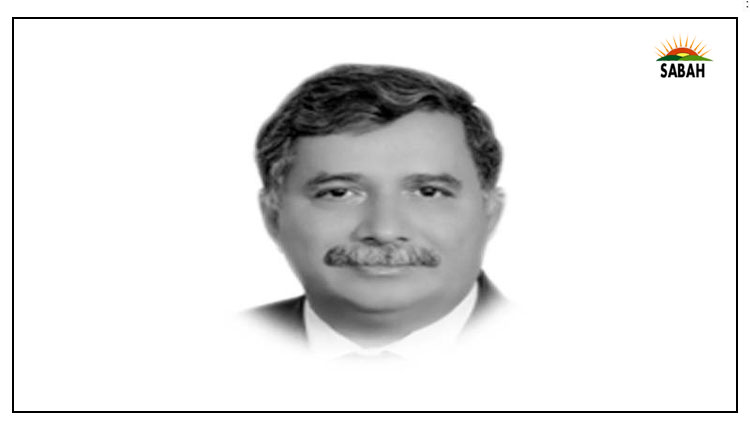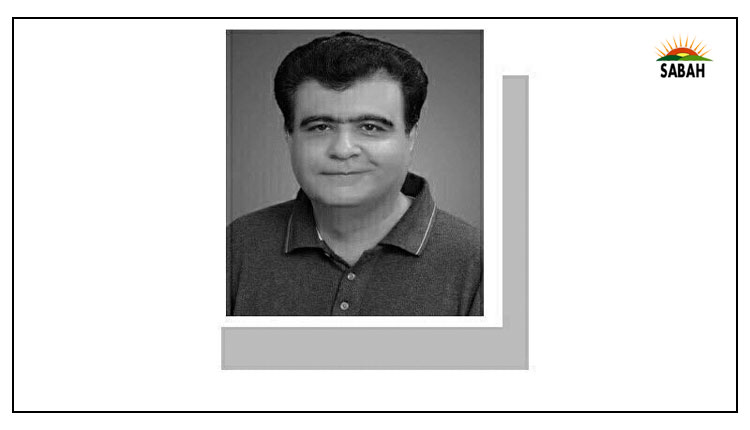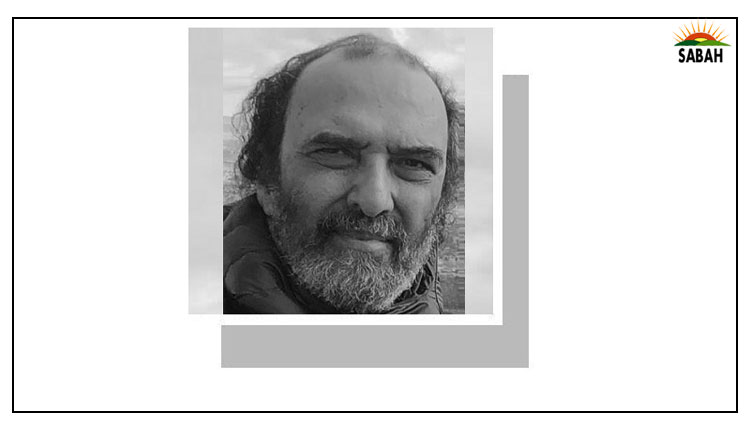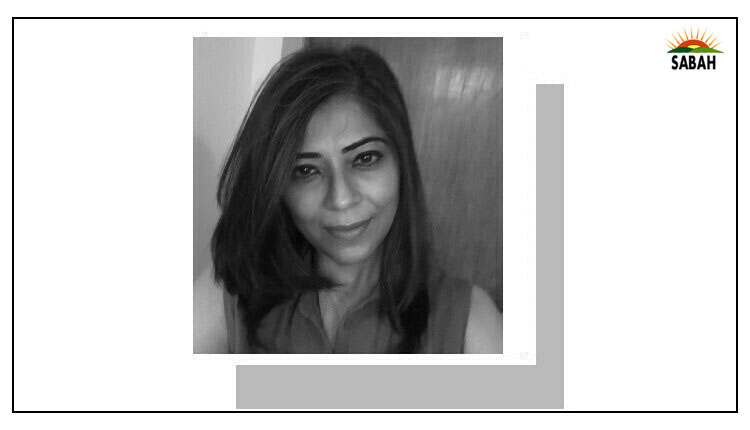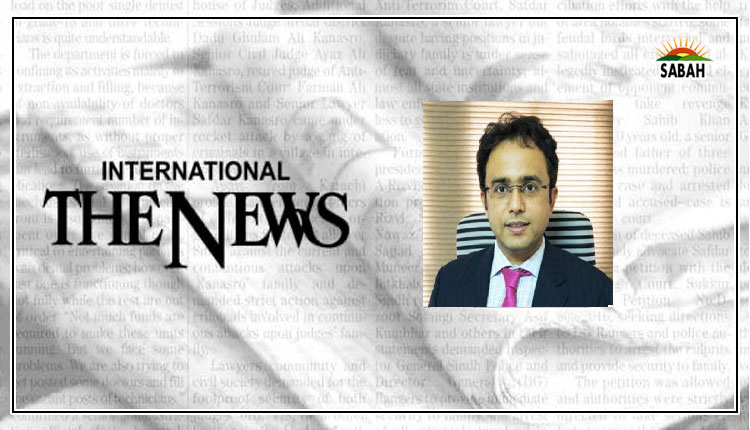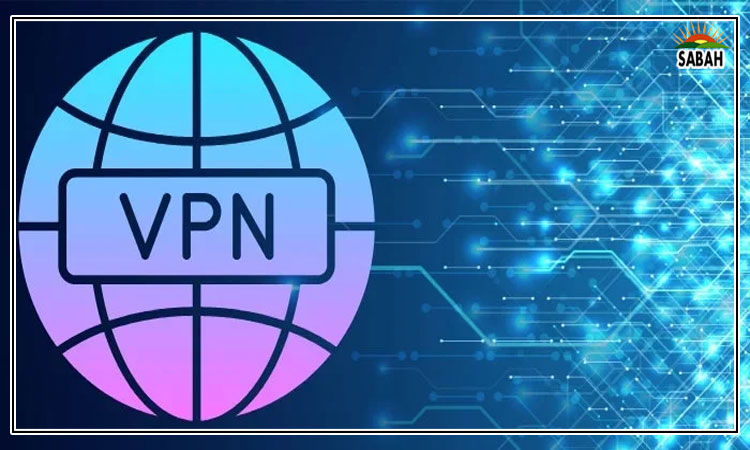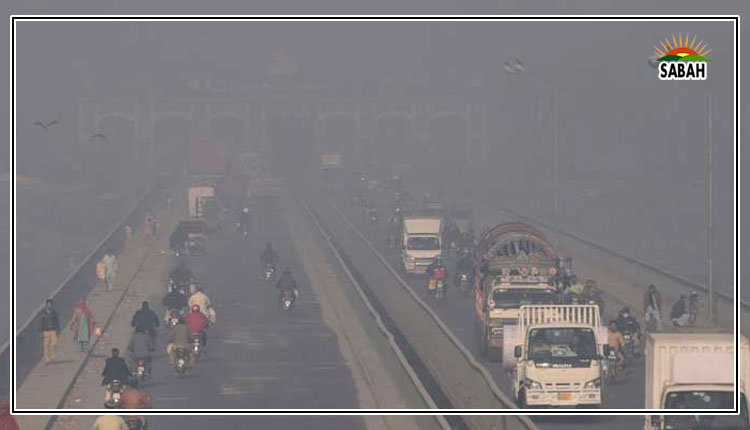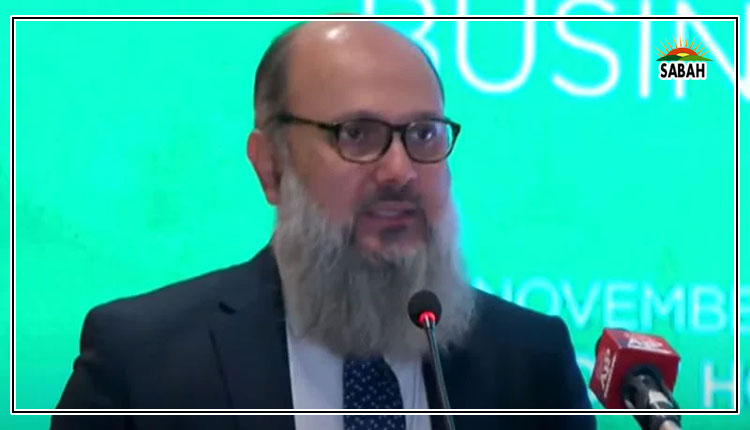In solidarity with the South…Jawed Naqvi
WHAT are the most important needs of the Global South and how should it meet those needs? Economic development minus the threat of debt trap would seem to be the leading priority. Could a model based on private profit deliver the goods for a prosperous and socially cohesive quest?
There are several ways for developing and for aspirational countries like India to link up with the Global South. G20 is the least promising among the options. As a creature of the powerful G7, it scarcely commands its own agenda. If anything, the widened group has been prescribed economic and political models that have struggled to survive in the most prosperous parts of the West.
Economic hardships faced by the rich have led to extreme measures with deleterious effect around the world. The globally debilitating Sino-US hostilities and the war in Ukraine have resulted from or, at least, happened despite the prescriptions the doctor wrote. The overriding primacy accorded to free markets as a panacea has been found to be inadequate, closer to a failed option, for universally vital tasks of delivering healthcare and education to citizens in developing countries.
Indias less-than-impressive human development indices following more than three decades of free market reforms bear witness. A grand temple in Ayodhya might entice the nations emotions in an election year but would have been perhaps a more laudable proposition without recourse to bloodshed and strife promoted and sustained in the name of national interest. The strife itself is rooted in economic distress, albeit with different triggers. Right-wing movements in Europe and beyond flow from the distress.
Economic hardships faced by the rich have led to extreme measures with deleterious effect around the world.
Reinforcing the thought, selfish interests erupted like blisters during the Covid crisis, which saw rich nations going into a scrum for the elusive vaccine and assorted lifesaving paraphernalia, leaving the Global South to wait endlessly for their turn.
In other words, private profit doesnt spur equitable and sustainable public policies. It leads to pillage, corruption, injustice and eventually to open conflict as can be seen in the bevy of coups in the African Sahel. It leads to Donald Trump in his Republican and Democratic avatars.
There have been 18-odd summits of G20 leaders since the groups founding in 1999. Indonesia hosted the last meeting, and Brazil will be next years chair. Nobody expected nor sees anything more than the big powers confabulating among themselves on war, peace, or climate. Why would it be any different with India? Prime Minister Narendra Modi has been promoting the idea that the G20 summit he presides over on Sept 9-10 in New Delhi would somehow be a crowning glory for the country, sunlight that evaded the dark alcoves making up India before his advent nine years ago. The claim is obviously questionable and can be understood better as a spin before the general elections he faces in eight months.
Over 70 organisations from across the country offered a compelling critique, going online after police in Delhi stopped their meeting. The Peoples Summit named itself We 20, and opposed the economic and political agenda of the G20.
In fact, We 20 decided to step up campaigns against G20 policies, drafting 13 working papers on agriculture, climate change, banking, finance, labour, employment and shrinking democratic places. The working paper on shrinking democratic places accused the Modi government of targeting NGOs by putting restrictions on foreign funds.
The position paper on agriculture called for stakeholder dialogue on the sector and said big businesss influence on agriculture should be rejected. The power of big business is the key obstacle in the development of sustainable agriculture because the smallholder farmers and small and medium enterprises are held back only by big business from shifting to sustainable, diversified and resilient agriculture and food systems. In this regard, some G20 countries, like India, have a lot to share with many poor nations.
The paper on labour and employment said discussion on providing universal social security must start with an analysis of why the majority of workers do not have it.
Nine out of 10 Indian workers do not enjoy any social security benefits. This situation has persisted through more than three decades of deregulation and liberalisation of the Indian economy, accompanied by high GDP growth. The economic model we have been following champions a small segment of large corporations over all other segments of society and equates their growth with the development of the nation, the paper said.
The position paper on inequality said wealthy Indians benefit the most from government policies. It is the need of the hour that a two per cent wealth tax and 33pc inheritance tax be applied on the top 1pc Indians to ensure universal social and economic rights for all, it said.
The G20 is being organised to secure the corporate interests of a few. We need to work to secure our interests, our rights, our forests, our water, said Roma Malik of the All India Union of Forests Working People.
Some analysts prefer to also see BRICS nations as harbouring exploitative features. In this regard, India and China are cited as nations belonging to BRICS, which have exploited land resources in African countries. On the other hand, BRICS represents a self-correcting mechanism by widening its membership, with more nations from the Global South and not prescribing deleterious models of economic growth.
For the immediate purposes of the G20 summit in New Delhi, it would be interesting to see India finding its way out of the raging conflict in Ukraine, a current litmus test of loyalty between the east and the west. Mr Modi has so far succeeded in keeping Russia in good humour as a handy trade partner, virtually ignoring Western sanctions. Did Russia indicate apprehension about the equation changing when Foreign Minister Sergei Lavrov spoke of Moscow not letting an anti-Russian declaration pass? Such a possibility could not happen against Moscow without New Delhis approval.
Courtesy Dawn


